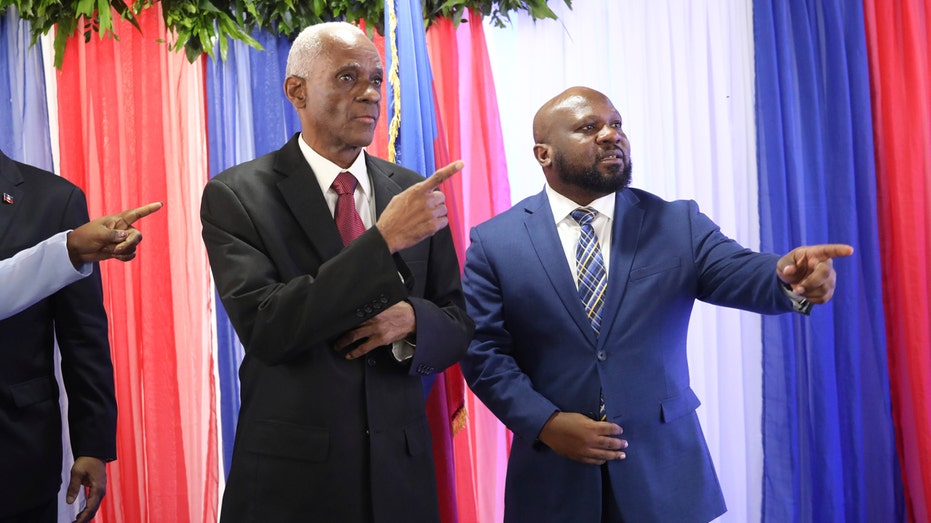The Harvard professor reveals how everyday rituals can help us cope with pressure, unlock our emotions and define our identities – but can also become unhelpful and divisive
Michael Norton studied psychology and was a fellow at the MIT Media Lab before becoming professor of business administration at Harvard Business School. Known for his research on behavioural economics and wellbeing, Norton published his first book, Happy Money: The New Science of Smarter Spending, with Elizabeth Dunn, in 2013. For his latest, The Ritual Effect: The Transformative Power of Our Everyday Actions, out on 18 April, Norton spent more than a decade surveying thousands of people about the role of ritual in their lives.
Rituals seem a tricky subject for scientific study. How do you categorise them and measure their effect?
It felt very daunting at first, because you can’t randomly assign people to families and have them do different rituals, then follow up in 12 years. At first I was going to study obvious things like weddings and funerals, but when we surveyed people, we found that they had all these other things they made up – in their families, with a significant other, with people at work. That opened it up a lot. We could look at these kinds of rituals and see when people do them. We could measure their emotions, we could really start to get traction on what these things are doing in our lives.





